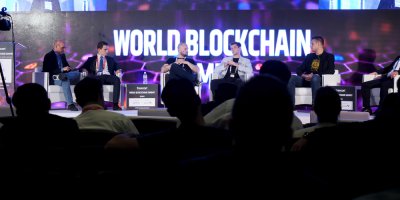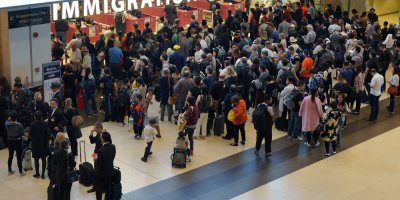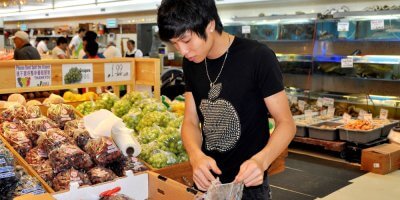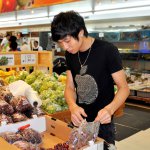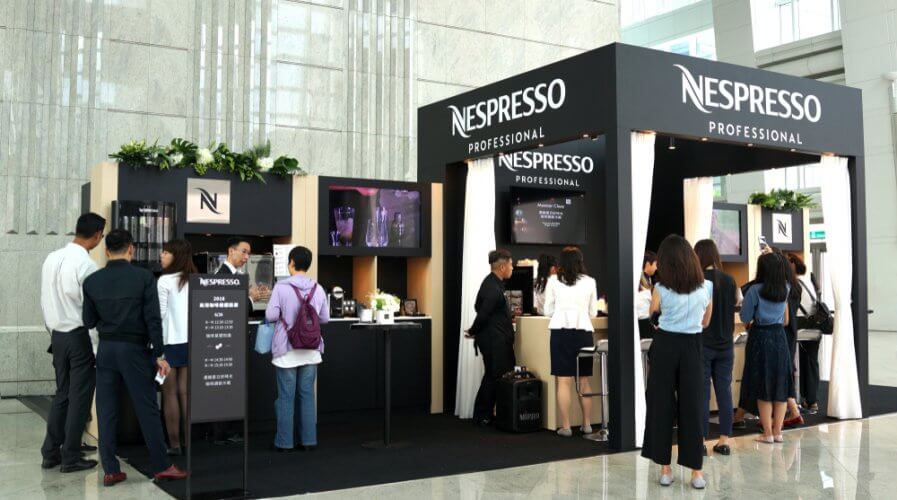
Nestlé joins hands with BCG and WWF Australia for blockchain project
SWISS multinational food and beverage (F&B) giant with extensive operations across the APAC has just announced a new blockchain project in a bid to create a more transparent supply chain.
Although small trials and pilots in this space have been run so far previously, Nestlé is joining the OpenSC blockchain platform built by WWF Australia and the Boston Consulting Group (BCG) Digital Ventures and is the first major F&B company to do so.
The initial pilot program will trace milk from farms and producers in New Zealand to Nestlé factories and warehouses in the Middle East. Later, the technology will be tested using palm oil sourced in the Americas.
Nestlé Head of Operations and EVP Magdi Batato said, “We want our consumers to make an informed decision on their choice of products – to choose products produced responsibly. Open blockchain technology might allow us to share reliable information with consumers in an accessible way.”
While these pilots are expected to help Nestlé understand how scalable the Open SC system really is — it’s important to highlight that the Swiss giant with US$92.6 billion in revenues last year has already amassed a great deal of experience with blockchains since 2017.
Just a few months ago, the company announced for the first time that it will be sharing information on its products with consumers via a blockchain platform.
Access was provided to customers at Carrefour stores in France who sought to learn about the sourcing of potatoes from the farm and their journey to transforming into the Mousline purée sold in the stores.
What’s OpenSC and how does it benefit consumers?
The OpenSC project aims to help consumers understand what they are eating, where it came from, and how it got to them through a blockchain platform and a smartphone-friendly QR code for each unit of a product.
At its launch earlier this year, WWF Australia CEO Dermot O’Gorma said the idea was to create “a whole new level of transparency about whether the food we eat is contributing to environmental degradation or social injustice such as slavery.”
While Nestlé will be using it in a more industrial environment, an easy way to explain the use of the OpenSC platform would be in the fish market — with Patagonian toothfish on offer — a market where product origin and compliance with sustainable fishing policies are often doubted.

With OpenSC, the fish will be tagged as soon as it is caught, with GPS marking its origin to ensure compliance with prevailing policies and laws.
Once the fish hits the processing unit, the RFID tag will be removed and a QR code will be issued and pasted onto the wrapper/can. Consumers can scan the QR code to track the journey of the product before it hits their cart or plate.
“For those catching and producing things in a very unsustainable way, it’s quite easy for them to hide behind the complexity of supply chains,” BCG Digital Ventures Asia Head Paul Hunyor told the Thomson Reuters Foundation.
“There is a lack of carrots for those doing good at the production end because it is very hard for them to make the end consumer aware of all the good work they’re doing.”
The OpenSC platform is expected to be that carrot and ensure that customers know how responsible companies ensure food is produced in compliance with sustainability laws or even best practices (in regions where laws are lacking).
Nestlé may be the first — but given BCG Digital Ventures’ and WWF Australia’s conviction, other F&B companies are expected to join in the near future.
READ MORE
- Aviation giant Airbus turns to chatbots to engage top talent
- In the digital economy, MoneyGram focuses on getting the basics right
- How FedEx uses technology to delight customers in the digital era
- FedEx Express/Ground collaboration will improve last-mile delivery
- Growth is fabulous: Why Foodpanda’s app and team are growing rapidly

